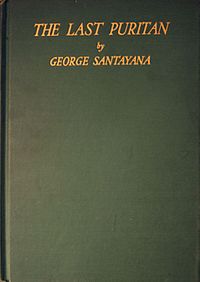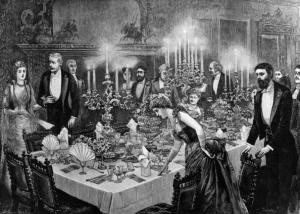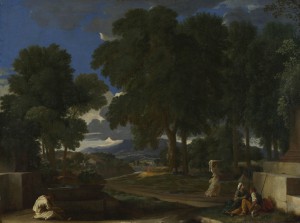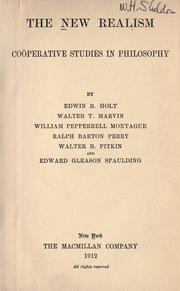 To Richard Colton Lyon
To Richard Colton Lyon
Via Santo Stefano Rotondo, 6
Rome. November 7, 1948
Dear Dick—or Reincarnation of Oliver,
It had never occurred to me while you were here that you are like Oliver; but now that you suggest it, with your introspective letter to back you up, I see it clearly. I didn’t know you had so much psychological atmosphere—“vapours”—in your mental landscape. It is very romantic, northern, and you must be of Scandinavian descent; but don’t let the delicate mists thicken into fog. Spiritual pride and independence are like Oliver and the American transcendentalist of a hundred years ago; and in your letter you are more like Oliver than he was like himself in my book; because it would have been impossible in a novel to reproduce the actual flux of half-formed thoughts and images that floats down through the mind. Even in the two places where I pretend to quote Oliver’s compositions—the “thesis” on Platonic love and the verses about Rose Darnley—I make his style more terse and mature than it could have been, even when he was older: for he had the same difficulty in landing his fish than/t you complain of. But don’t worry about it. Angling is a sport; you don’t go fishing for the fish, but for a healthy foolish game in the fresh woods and the stream full of lovely reflections. It is a bit cruel—unintentionally, but nature always is so by the way. I don’t think there is anything mysterious or defective in images and thoughts being elusive and dissolving before they are quite formed. Nature, again, is everywhere wasteful, and breeds a hundred seeds for one that ever flowers. You mustn’t mind that. A choice selection of lucky ideas, that actually could take shape, will be enough to show what you were after.
Now as to “solipsism” and the “transcendental ego”, these are not wellchosen words for what is probably meant, or ought to be meant if we mean to be scientific in regard to the facts. There is a transcendental function or relation between any witness and what it or he perceives; it should not, however, be called transcendental, but ciscendental (as I used to say to my classes) because the relation or function signified is that of any and every spectator, in the dark on this hither side of the footlights, seeing only the phenomenal play on the lighted stage. If the play is not a dream, but one actually written by a playwright and acted by players who are not at all, in real life, the characters in the play, then the author and the performers, and the theatre and audience, are transcendent (not transcendental, .i.e.or ciscendental) realities, conditioning the spectacle, but rooted in a much larger “real” (or dynamic) world.
Now, as a matter of fact, the transcendental function or relation of the witness is exercised by a material man, part of the same transcendent world in which the author and the actors have their dynamic places. If, then, I say that “I” or the “ego” am something dynamic and self-existent, but that the play is all make-believe or a dream in me (which view would be real solipsism) I am contradicting myself; because my natural person and power are a part of nature transcending all phenomenal presence to thought or dream; and it is absurd that a part of the material world, by going to a material theatre and seeing real actors perform fictitious parts, turns them and himself, as a man, into a mere phenomenon in his mind. Solipsism, then, understood strictly, is absurd; even “solipsism of the present moment”, because the visioned scene is not a self, and if there is a self that has that vision, this self is part of a transcendent world, and not alone in existence.
What I think a more correct way of speaking is to say that “transcendental” is only spirit (or attention) in anybody: a spirit (or attention) which can arise only in animated bodies, as they receive impressions and prepare reactions on other bodies or natural agents. Spirit (or attention) can never be disembodied: therefore it is never solipsistic in fact; yet it is, in each intuition or feeling, a focus, transcendental and invisible, for whatever it sees. The Germans confuse this transcendental function with dynamic mythical “spirits” existing in a void.
From The Letters of George Santayana: Book Eight, 1948-1952. Cambridge, MA: The MIT Press, 2008.
Location of manuscript: The Houghton Library, Harvard University, Cambridge MA





